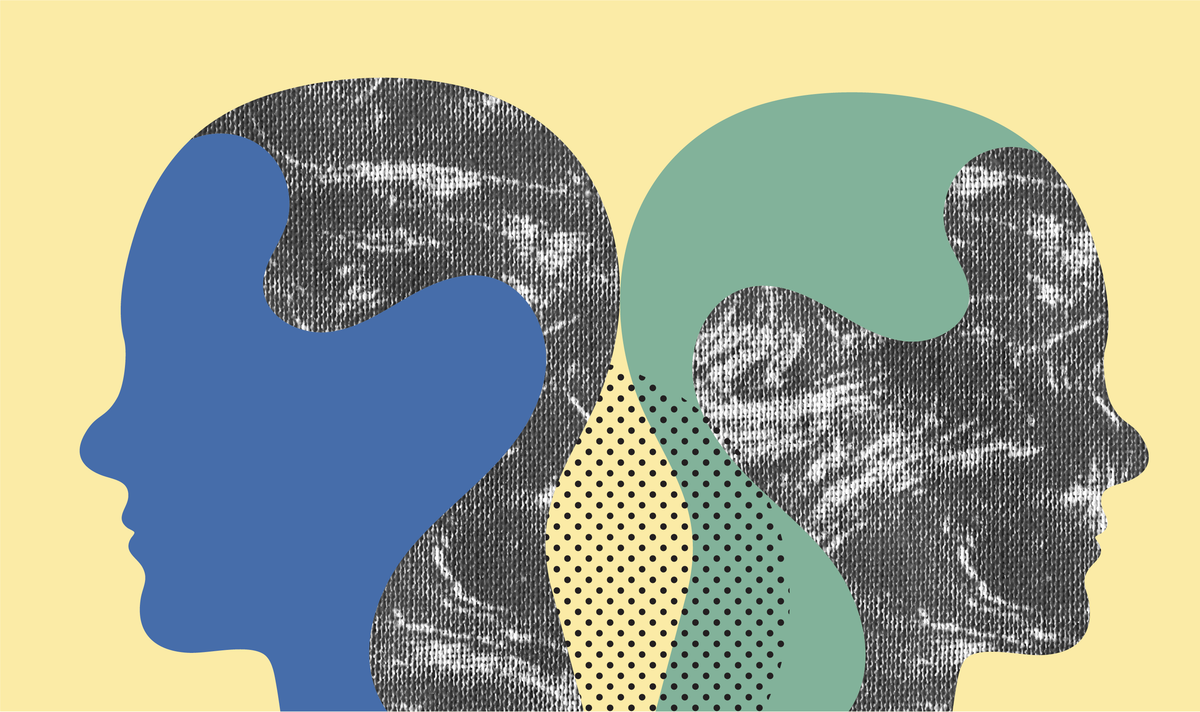High-profile cases spark conversation about mental health impacts of sexual abuse
Conversations also highlighted long-term mental health treatment and pilots’ mental health.

Conversations also highlighted long-term mental health treatment and pilots’ mental health.
Two major news stories revived online conversations about the mental health impacts of sexual abuse, and many social media users called for more mental health resources for survivors. Plus, after charges were dropped against an alleged attempted kidnapper who was deemed “mentally incompetent to stand trial,” commenters discussed long-term mental health treatment, and some repeated false claims that being trans is a mental health condition in response to the accused person’s alleged gender identity. Other posts highlighted pilots’ mental health after new reports about last month’s Air India plane crash.
In response, communicators may share mental health resources for sexual abuse survivors, offer information about long-term mental health treatment, reiterate that trans identity is not a mental health condition, and share suicide prevention resources for pilots and others.

Insights brought to you by the reporters and science writers of Public Good News (PGN), a nonprofit newsroom dedicated to improving community health.
What’s trending nationally in conversations about mental health
Continued news coverage this month on the Sean Combs sex trafficking trial and a federal investigation into Jeffrey Epstein sparked online conversation about the mental health effects of sexual abuse. Many popular posts referenced Virginia Giuffre, who had accused Epstein of sex trafficking her and died by suicide in April. Social media users also shared their personal experiences with the aftermath of sexual abuse and the mental health impacts of unsuccessfully pressing charges against their abusers, citing panic attacks and nightmares. Many called for more mental health resources for sexual abuse survivors.
News that the defendant in a Colorado attempted kidnapping case was found “mentally incompetent to stand trial” and would receive involuntary mental health treatment prompted conversation. Some social media users lamented that it’s difficult for families to afford long-term psychiatric care for loved ones. After some articles alleged that the defendant was transgender, some social media users falsely claimed that trans identity is a mental health condition and that trans people are inherently dangerous.
Recent articles on preliminary findings from the Air India plane crash in June led to conversation about pilots’ mental health. Reports suggest that the plane’s fuel switches may have been turned off before the crash, leading some social media users to speculate that the pilot had caused a murder-suicide. Posts across platforms shared personal stories about pilots avoiding mental health treatment out of fear of losing their licenses, as certain mental health conditions may disqualify them from flying.

Recommendations brought to you by the health communication experts behind Infodemiology.com.
Recommendations for public health professionals
Each week, the Infodemiology.com team will provide messaging recommendations in response to some of the trending narratives outlined above. These helpful tips can be used when creating content, updating web and FAQ pages, and developing strategy for messaging about mental health.
Given discussions about mental health and sexual abuse, communicators may highlight the warning signs of sexual abuse and share local therapist directories, support groups, and other resources for survivors, such as RAINN’s National Sexual Assault Hotline, the National Domestic Violence Hotline, the Indigenous-led StrongHearts Native Helpline, the National Human Trafficking Hotline, and the National Sexual Assault Legal Hotline.
Posts about long-term mental health treatment provide an opportunity to share information about the types of long-term mental health care. Communicators may direct people to SAMHSA’s treatment directory, where people can find local mental health hospitals and other resources, and SAMHSA’s National Helpline (1-800-662-HELP), which answers questions about treatment.
The myth that being trans is a mental health condition frequently emerges in online conversations about trans people. Messaging may emphasize that while trans people may experience psychological distress in response to discrimination and legal stigma, all major mental health organizations agree that trans identities are normal variants of human gender and are not mental health conditions.
In response to concerns about pilots’ mental health, communicators may share mental health resources geared toward pilots, as well as general mental health resources, including therapist directories, support groups, local mental health centers, and the 988 Suicide & Crisis Lifeline. Sharing the warning sides of suicide and encouraging people to seek help right away if they are in distress is recommended.
